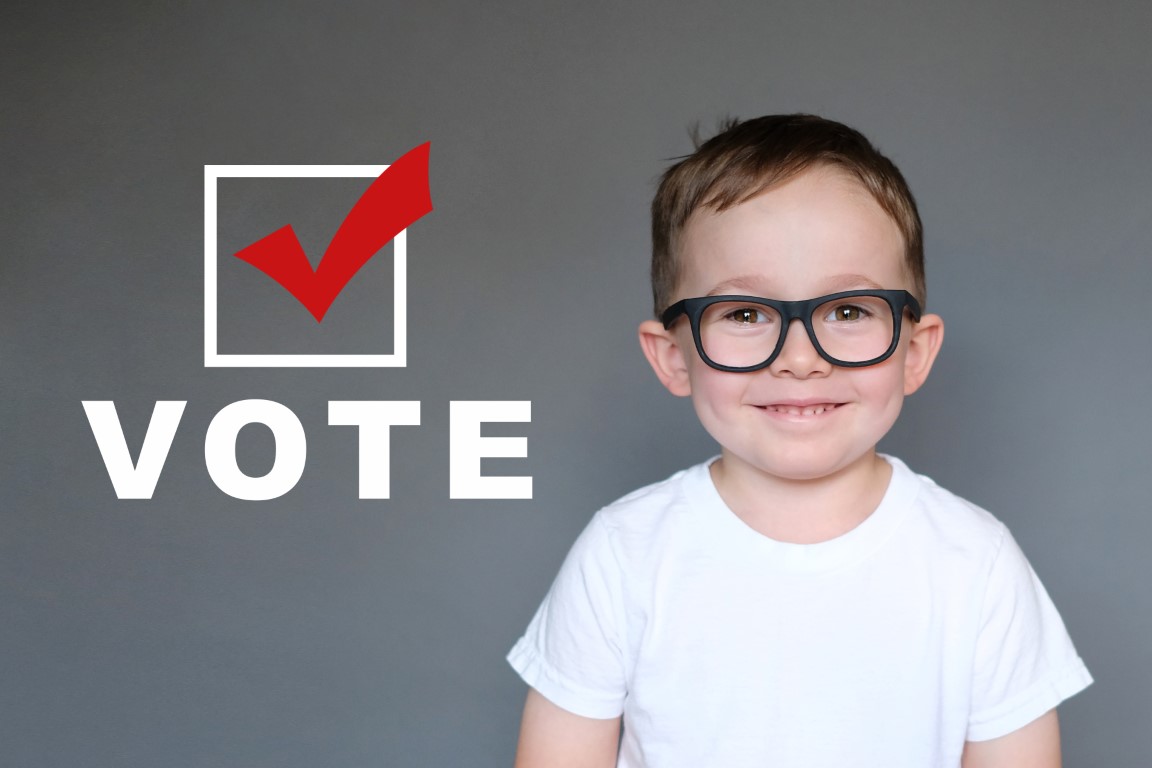
‘Every little bit helps’ is a terrible mantra in politics
By Craig Allan, Staff Writer
A couple of days ago I was watching TV with my father. A news piece came up that said John Horgan, if elected to be premier in the British Columbia provincial election, would increase the grant program for college students to $4000 a year for undergraduates. I told my dad that I’m always annoyed when politicians do stuff like that. Give bare minimum promises to youth vote issues like this. My father responded with “Every little bit helps,” and that really annoyed me. It annoys me when politicians make policy decisions that seem based on that saying because I don’t believe they would say that to a mother with four kids or a senior citizen in a nursing home, but for young voters it always seems to be the same small changes.
I am a millennial, and I do vote, but I must say that despite my interest in politics, I don’t care much about voting. I understand its necessity, and I imagine I will always vote (even if that vote might be for a no-chance party out of spite towards a candidate), but I don’t really care for the act of voting.
One of the reasons I feel apathetic towards the voting cause is because I don’t feel that any politician really cares about me. My issues never seem to be brought up. I have always had this belief that unless you are over 55 or have children, the government does not care about you. Every election I hear promises of better social security, and “a better Canada for you and your family (meaning parents).” Well, I’m not going to be eligible to claim social security for a while, and I don’t have kids, so what does that do for me?
I am a millennial, and I do vote, but I must say that despite my interest in politics, I don’t care much about voting.
Then there are times where politicians actually do come out with initiatives for things I care about, like college education. But when they do, it is always minor changes to the point of being a “least you can do” half-assed policy decision. For example, in the federal election last year, the federal Liberal party campaign office for Coquitlam-Port Coquitlam candidate Ron McKinnon made the same kind of grant increase promises. When I asked why they weren’t doing more, the campaign staffer who I was talking to told me that changing the system was not part of their plans right now. Increasing the grants is nothing; a $4000 grant for a year when SFU’s average semester for an undergraduate is over $10,000 does not go far enough.
When it comes to things that help young people like housing, or schooling to get a stable job, it feels like the government just doesn’t care. It’s never enough, and governments never seem to want to go higher than “Every little bit helps.” I think governments are more likely to say that to young voters for their issues than they would to people campaigning for better long-term care, or lower housing taxes.
To get more insight on this issue, I asked the BC Green party leader Sonia Furstenau if young people are really disinterested in voting, and what parties need to do to galvanize this group to vote. Furstenau said that there need to be more younger candidates that cater to young voter issues. On the provincial side, she noted that the youngest MLA in the BC Legislature during the last sitting was 35. For this election, her party is running one of the youngest candidates in BC political history: Kate O’Connor, who is going to turn 18 during the election. Furstenau also believes that failed promises lead to an apathetic voting public.
What will be interesting to see in the future is how the millennial and Gen Z group feel about voting as they get older. Will they always hold a passive view on the voting, or will there be a change when these groups find themselves in higher seats of power? No one can know, but steps do need to be taken—whether that’s getting people excited about voting at a younger age, or demanding more trust in our political representatives. Considering how politics have been south of the border in the last four years, an apathetic voting population could lead to unfortunate consequences.
